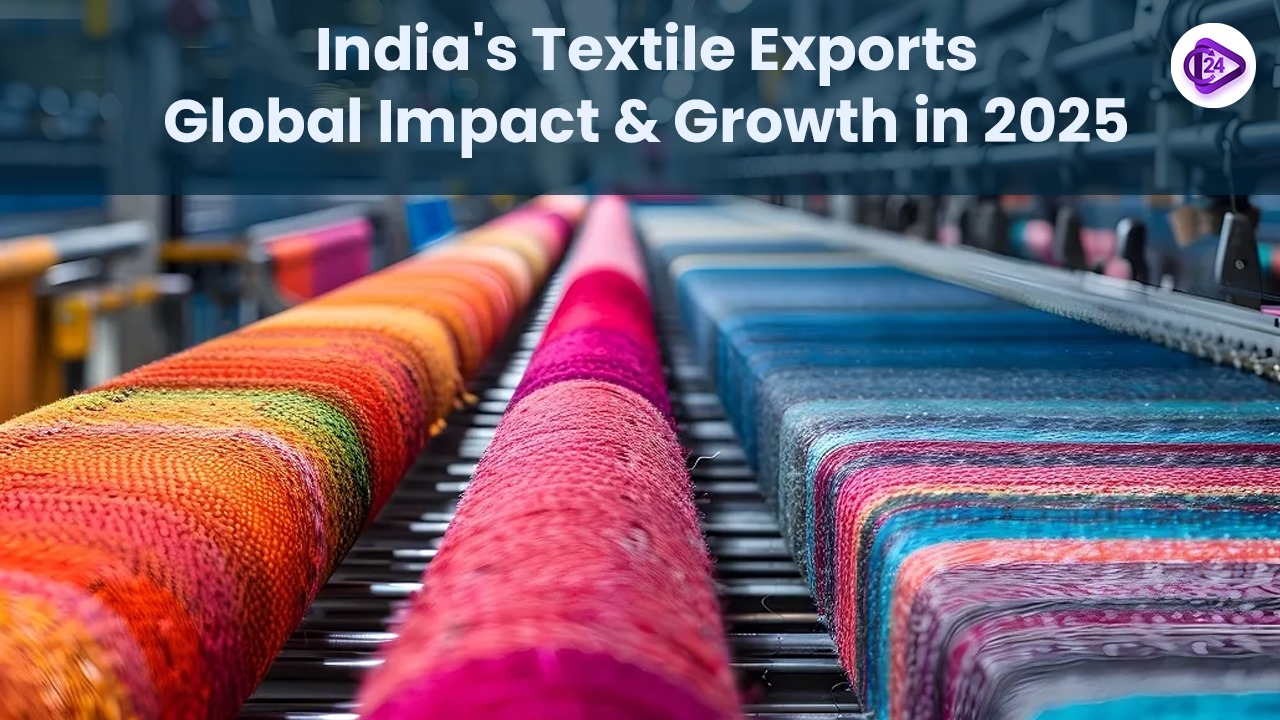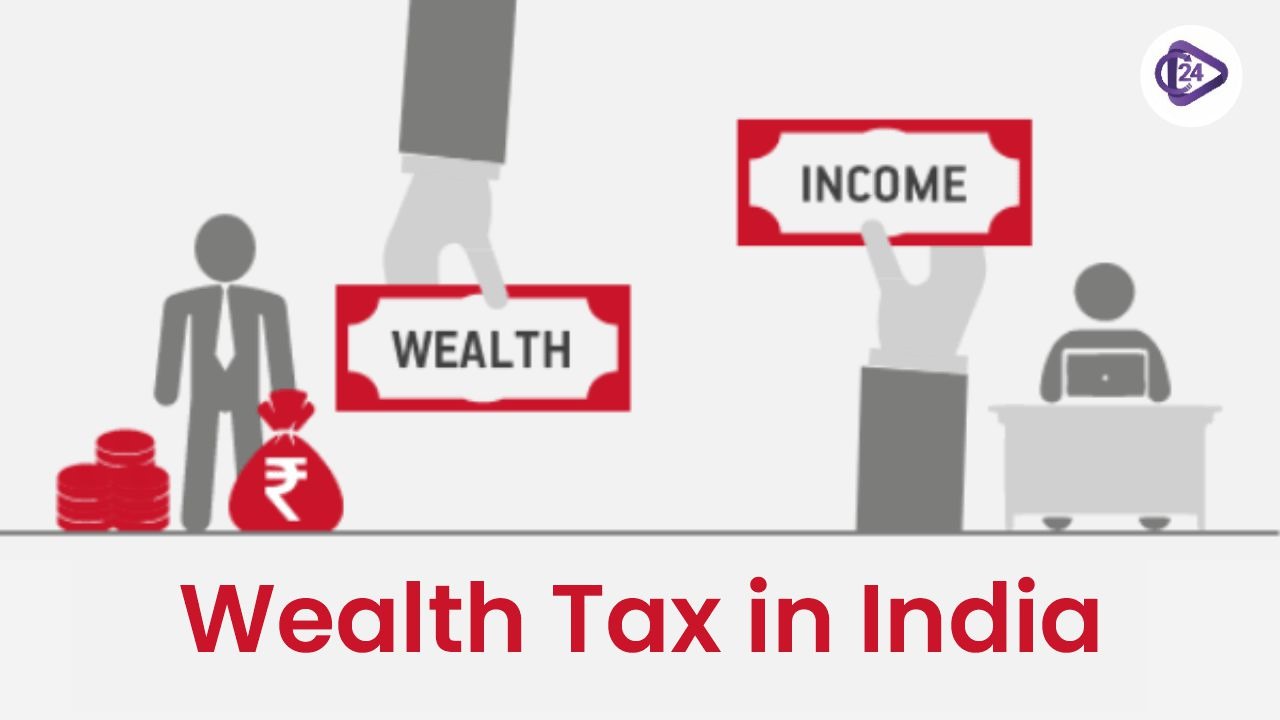
Textile industry of India is one of the oldest and most important sectors in India economy. It is instrument in positively contributing to the GDP, exports and employment and development of both rural and industrial spheres. Therefore, the sector cuts across from fiber production up to apparel production and the creation of many brands and livelihoods. Being a largest exporter of cotton, jute and silk, India is also emerging as a major player in upcoming modern segments like technical textiles. These developments point to the industry’s entrance into domestic and international markets thereby advancing the role of economic development.
India in global trade
-
Currently, India occupies the 6th position in the global export market of Textile and Apparel (T&A) and provides 3.9% of the total Textile and Apparel (T&A) exports.
-
Overall exports of T&A, of which handicrafts, stood at 8.21% of the total exports of all products during the FY 2023-24.
-
Major export destinations: USA and EU, which make up around 47% of total exports.
Share of exports:
-
The Textile and Apparel T&A export for April to October of FY 2024-25 is $21,358 million up by 7% against $20,007 million of the same period of the FY 2023-24.
-
Ready Made Garments (RMG): $8,733 Mn (41%)
-
Cotton Textiles: $7,082 Mn (33%)
-
Man-Made Textiles: $3,105 Mn (15%)
-
-
Growth was observed in all commodities, except:
-
Wool: Declined by 19%.
-
Handloom: Declined by 6%.
-
-
There were some disturbances in the geopolitical trends, which have affected exports in certain periods of time such as the Red Sea Crisis and Bangladesh Crisis of early 2024.
Import Trends
-
Total import of Textile and Apparel products contracted by 15% from FY 2022-23, $10,481 Mn to FY 2023-24, $8,946 Mn.
-
In case of April-October of the FY 2024-25 total imports is reduced by 1% $5,425 Mn from $5,464 Mn in the comparative period of the last financial year.
-
Category-wise share of imports:
-
Man-Made Textiles: Approximately $1,859 Mn (34%) through these gaps in the demand and supply of services in this sector.
-
Imports of Cotton Textiles increased as domestic production capacity to meet demand for long staple cotton fibre used by the industry.
-
Key Observations
-
India has a positive balance of trade in Textile and Apparel sector.
-
The imported goods may be to meet re-export demand or specific industries need for input or intermediate product.
-
Export performance is therefore determined by the international market, the home market, transportation and political factors.
-
Effects of import trend are indicative of increasing demand for domestic products and availability of enhanced production capabilities, which boosts India's textiles industry.
Importance of Indian Textile Industry
-
Economic Contribution:
-
Textile sector of India makes up around 2.3% of India’s Gross Domestic Product (GDP) and brings 7% of industries turnover.
-
-
Employment Generation:
-
After agriculture, it is the second-largest employer directly providing employment to more than 45 million people and 100 million in the allied industries.
-
-
Export Strength:
-
The textile sector contributes 12% of the total exports and in the financial year 2023 the exports were $ 44.4 billion.
-
-
Diverse Offerings:
-
India has a competitive edge in the mass categories such as cotton, jute and silk and in segments like technical textile and man-made fibres (MMF).
-
Challenges of Textile Industry in India
-
Raw Material Price Volatility: Volatility or rhe fluctuation of price especially of cotton, destabilizes the production cost and returns on investments.
-
Technological Upgradation: Some of the units have decayed machinery which hampers production and efficiency in today’s competitive global markets.
-
Environmental Concerns: Since the concerns immense utilization of resources, it is vital that environmentally sustainable strategies are applied.
-
Global Competition: The competition for Indian garment factories is intense because countries such as Bangladesh, Vietnam, and China, where costs of production are comparatively cheaper and have the advantage of favorable trade relations.
Government Initiative for textile growth:
-
Production Linked Incentive (PLI) Scheme:
-
Having been initiated with an ambitious state fund of ₹10,683 crore, this scheme is aimed at enhancing the production of man-made fibres and technical textiles, for which about ₹19,000 crore fixed industrial investment proposals and provided employment to 7.5 lakh people.
-
-
National Technical Textiles Mission:
-
It will cost ₹1,480 crore to set up, the government aims to boost production and research to place India at the forefront of technical textiles worldwide.
-
-
Amended Technology Upgradation Fund Scheme (ATUFS):
-
Grants loans to finance current production equipment upgrades and efficiency enhancement.
-
-
Skill Development through Samarth Scheme:
-
More than 10 lakh youth are being imparted training for textile trades to fulfill the industry requirements.
-
-
MITRA Parks:
-
The government is to set up 7 Mega Integrated Textile Regions and Apparel Parks to lure investment with enabling infrastructure and amenities.
-
Conclusion
Textile industry has continued to occupy a key place in the framework of Indian economy which is signatory to its artistic and industrial traditions. Laying down a vision, making strategic investments, fostering technology, and formulating and enacting effective policies, for years India ushers in high growth in the sector to enhance its overbearing global presence making the sector a sustainable growth model.
Chat With Us



 Government Green Steel Mission: A Guide to Upgrading the Steel Industry for Climate Change
Government Green Steel Mission: A Guide to Upgrading the Steel Industry for Climate Change India Achieves Record Coal Production with Significant Growth in FY 2023-24
India Achieves Record Coal Production with Significant Growth in FY 2023-24 Lothal Maritime Heritage Complex: The intersection of India’s history, contemporary situation and pr
Lothal Maritime Heritage Complex: The intersection of India’s history, contemporary situation and pr Lighthouse Tourism in India: Transforming Coastal Heritage into Tourist Hubs
Lighthouse Tourism in India: Transforming Coastal Heritage into Tourist Hubs Madhya Pradesh: A Top Global Destination for 2025 by Wall Street Journal
Madhya Pradesh: A Top Global Destination for 2025 by Wall Street Journal Indian Pharmaceutical Sector: Global Leadership for Strategic Development
Indian Pharmaceutical Sector: Global Leadership for Strategic Development Govt of India and ADB signed a $42 million loan for coastal protection in Maharashtra
Govt of India and ADB signed a $42 million loan for coastal protection in Maharashtra The Wealth Tax Debate in India: History, Challenges & Future Insights
The Wealth Tax Debate in India: History, Challenges & Future Insights Pharmaceutical Market and Initiatives in India (FY 2023-24)
Pharmaceutical Market and Initiatives in India (FY 2023-24)






